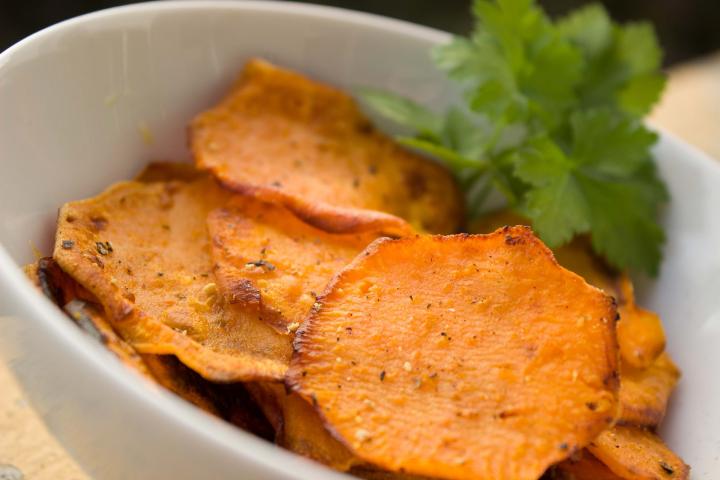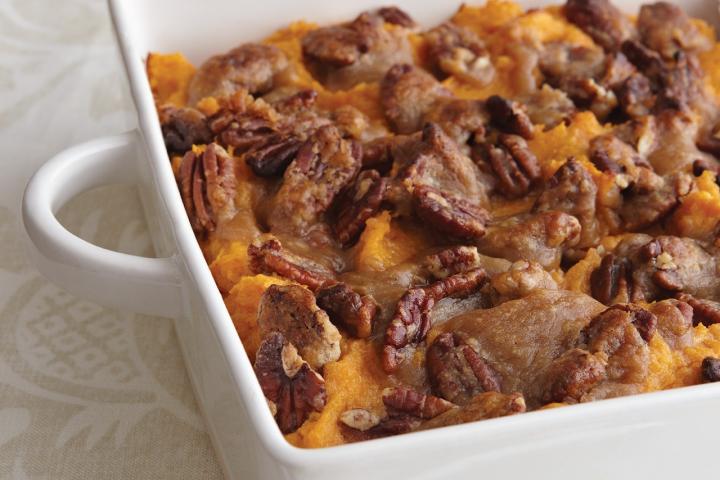
Are Sweet Potatoes the Healthiest Vegetable?
ADVERTISEMENT
Very informative
Thank you
I never thought I liked sweet potatoes because they were always served, well, sweet! Not until I had the escalloped did I realize how amazing they are savory! Now my favorite way to eat them is roasted with some olive oil, herbs, and onions! They are one of my all time favorites now!
I just found a 1+# red skinned white flesh sweet potato in a large flower urn that had cascading ornamental sweet potato vine. It looked like a fat "budda" with a tiny head. I did cut it open, it was fibrous and hard, had split around the middle a few times. Have had small ones before. Wonder if they are edible. they are a sweet potato slip after all.
I always us the last scraps of my sweet potato peelings in the spring as my starts. So easy just bury them where you want them to grow and POOF! A half bushel of new sweet potatoes come fall! It really is like magic. One thing not mentioned in the article is that sweet potatoes help balance blood sugar levels as does the cinnamon we love to put on top of them when baked. I have to say outside of sweet potato pie, I prefer my sweet potatoes savory. I fry them or make curry with them. Hooray for sweet potatoes!!!!
Covington sweet potato slips arrived the end of May this year (2021) and I planted them in two deep bins. Receiving full sun, lots of water these heavy feeders LOVED sun and heat. Am in Pine, AZ so elevation is 5600’ amd our summers get into the 90’s. But they loved it! They developed into absolutely delicious sweer taters and I have given away several to neighbors, relatives and our general contractor (remodeling kitchen). Still have a bunch left and even small ones to cook and feed our Sheltie!
Easy to grow and heavy producers! No pests and no disease..HIGHLY RECOMMENDED!
Hi, I'm trying to find out if sweet potato crops, conventionally grown, are desiccated (spraying herbicide to kill the plant) at harvest in Canada. Does anyone know? I need to know so I can choose organic sweet potatoes if this is the case. Thanks, dee dee
I love sweet potatoes with a bit of sea bass on the side. As soon as I see a sweet potato I jump for joy and cant help but shout "so anyway I started blasting". I am silly lol
I cut mine into +/-3/4" pieces, freeze them for cooking later.
I steam them for 7 minutes.
The flavor is great & they are still a bit crunchy
I just dug up 3 beautiful sweet potatoes from my garden. Do I need to harvest all of them now or can they be left in the ground? In raised bed, temperature is in 60s today but will get into 30s at night.
Looks like one to me










